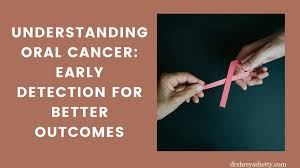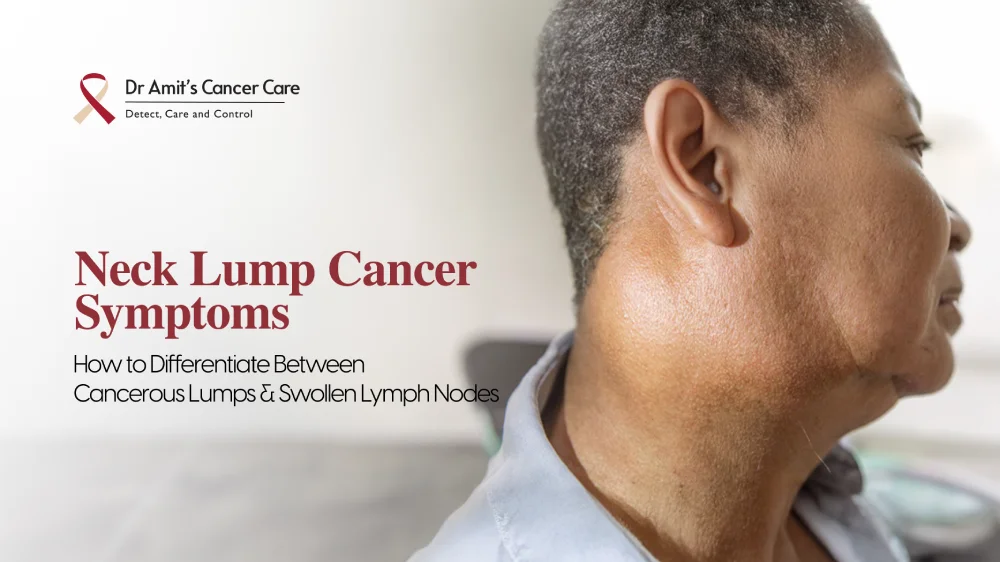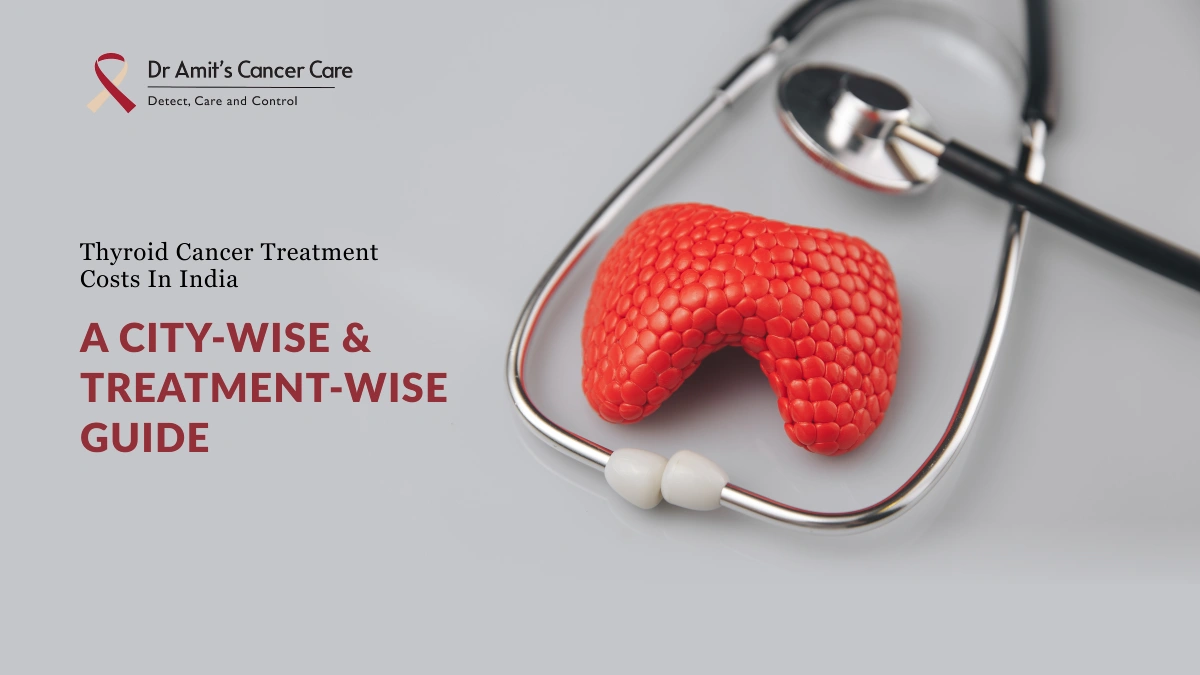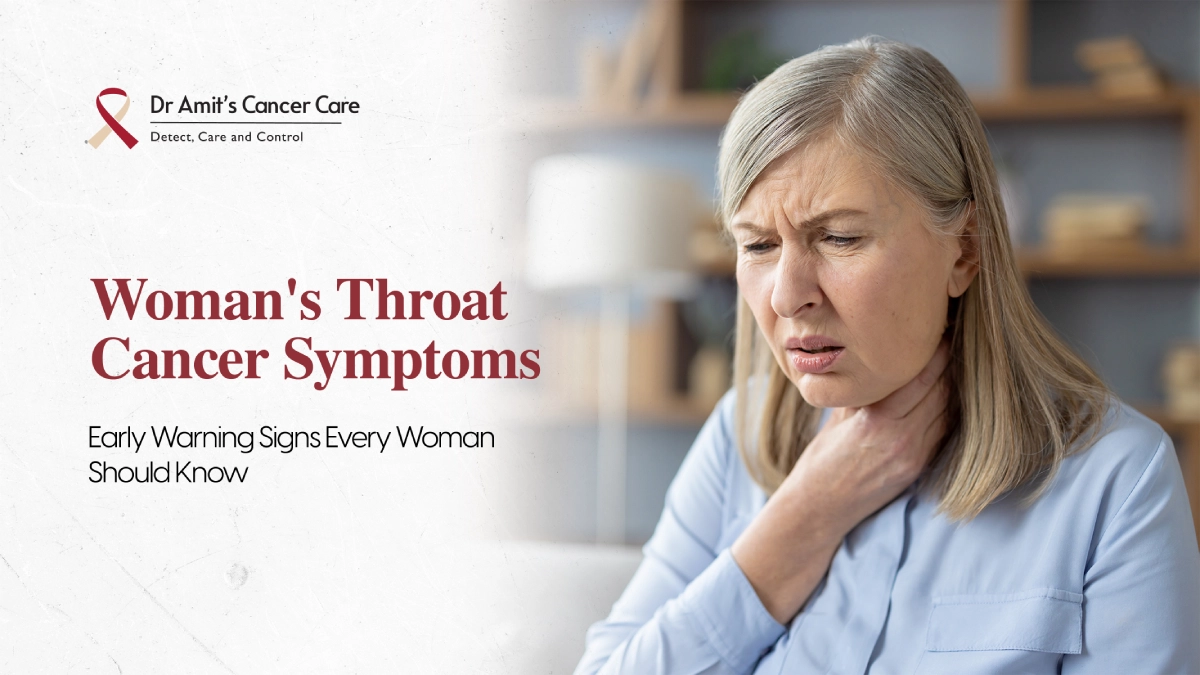Oral cancer is a serious health concern that affects the lips, tongue, cheeks, gums, and the floor and roof of the mouth. It can arise from various factors, including lifestyle choices, environmental influences, and certain infections. In this blog, we will delve into the causes, symptoms, and tips for early detection of oral cancer, helping you stay informed and proactive in your health care.
What is Oral Cancer?
Oral cancer is part of a group of cancers known as head and neck cancers. It begins in the cells lining the mouth and throat, and it can manifest as tumors or lesions. If detected early, oral cancer is often treatable; however, late-stage diagnosis can significantly reduce the chances of successful treatment.
Causes of Oral Cancer
Understanding the causes of oral cancer is crucial for prevention. Here are some of the primary risk factors associated with this disease:
1. Tobacco Use: Smoking cigarettes, cigars, or pipes, as well as chewing tobacco, is one of the leading causes of oral cancer. Tobacco includes toxic compounds that can injure the mouth’s cells.
2. Alcohol use: Excessive alcohol use is a substantial risk factor. The combination of tobacco and alcohol greatly increases the risk of developing oral cancer.
3. Human Papillomavirus (HPV): Certain strains of HPV, particularly HPV-16, have been linked to an increased risk of oral cancers. HPV is a sexually transmitted virus, and its connection to oral cancer is increasingly recognized in recent studies.
4. Sun Exposure: Prolonged exposure to ultraviolet (UV) rays from the sun can lead to lip cancer. Using lip balm with SPF protection can help mitigate this risk.
5. Poor Oral Hygiene: Neglecting oral hygiene can lead to chronic irritation and inflammation, increasing the risk of cancer. Regular dental check-ups and proper oral hygiene are crucial.
6. Diet: A diet lacking in fruits and vegetables may contribute to a higher risk of oral cancer. Antioxidants found in these foods play a crucial role in protecting the body from cellular damage.
7. Age and Gender: Oral cancer can affect anyone, but it is more prevalent in individuals over 40 and tends to be more common in men than women.
Symptoms of Oral Cancer
Awareness of the symptoms of oral cancer can lead to early detection, which is vital for successful treatment. Common symptoms include:
1. Sores or Lesions: Persistent sores or lesions in the mouth that do not heal within two weeks may indicate oral cancer.
2. Lumps or Thickening: The presence of lumps or thickened areas in the mouth, especially on the tongue or gums, should be evaluated by a healthcare professional.
3. Difficulty Swallowing: Experiencing pain or difficulty while swallowing can be a sign of oral cancer, particularly if it persists over time.
4. Changes in Speech: A change in voice or difficulty speaking may occur as the cancer affects the oral cavity.
5. Bleeding or Numbness: Unexplained bleeding in the mouth or a persistent feeling of numbness in the oral region can also be warning signs.
6. White or Red Patches: The appearance of white (leukoplakia) or red (erythroplakia) patches on the gums, tongue, or lining of the mouth can be indicative of pre-cancerous conditions.
7. Weight Loss: Unintentional weight loss, especially when combined with other symptoms, should not be overlooked.
Early Detection Tips
Early identification of oral cancer greatly improves the likelihood of successful therapy.
Here are some tips to help with early detection:
1. Regular Dental Check-ups: Routine visits to the dentist are essential. Dental professionals are trained to identify early signs of oral cancer and can provide guidance on proper oral hygiene practices.
2. Self-Exams: Conduct regular self-exams of your mouth. Look for any unusual changes, such as sores, lumps, or discoloration. If you see anything strange, contact your doctor.
3. Awareness of Symptoms: Educate yourself about the symptoms of oral cancer. Being aware of what to look for can help you seek medical advice promptly.
4. Healthy Lifestyle Choices: Avoid tobacco and limit alcohol consumption. A balanced diet rich in fruits and vegetables can also contribute to overall oral health.
5. HPV Vaccination: Discuss the HPV vaccine with your healthcare provider, especially for young individuals. Vaccination can help prevent the strains of HPV associated with oral cancer.
6. Sun Protection: Protect your lips from sun exposure by using lip balm with SPF, especially when spending extended time outdoors.
7. Seek Professional Advice: If you have risk factors or a family history of oral cancer, consider speaking with an oncologist or an ear, nose, and throat (ENT) specialist for tailored advice and screening options. For a more specialized approach, consider a second opinion consultation with the best surgical oncologist in Mumbai, Nagpur and Dubai.
Conclusion
Oral cancer is a significant health concern that can have devastating consequences if not detected early. Understanding the causes, recognizing the symptoms, and adopting proactive measures for early detection are essential steps in combating this disease. By making informed choices and maintaining regular health check-ups, you can play a vital role in protecting your oral health. If you notice any concerning signs or symptoms, don’t hesitate to consult a healthcare professional at Dr. Amit Cancer Care. Early intervention can make a substantial difference in treatment outcomes and quality of life.






